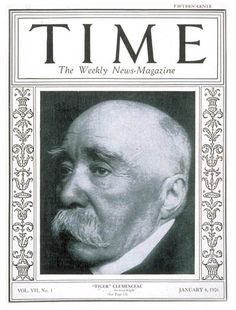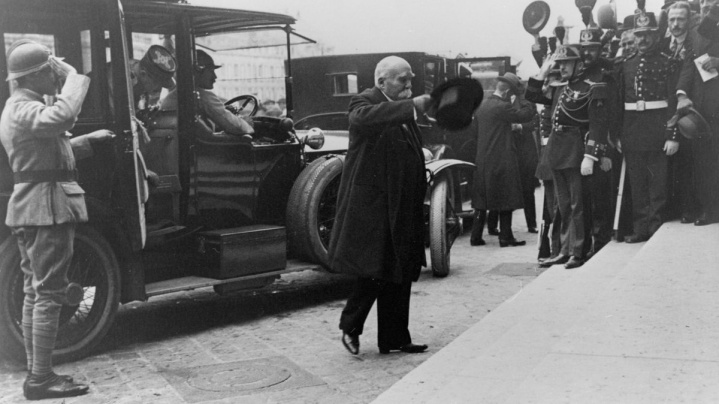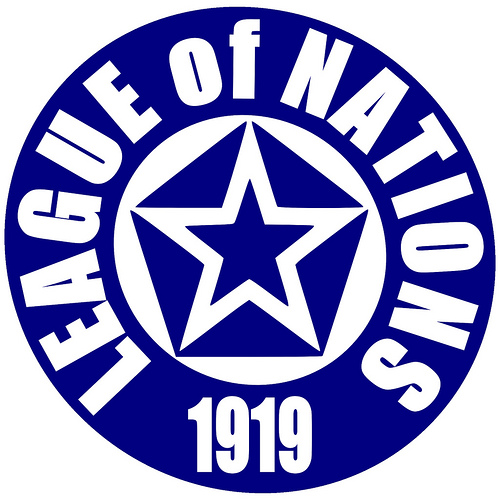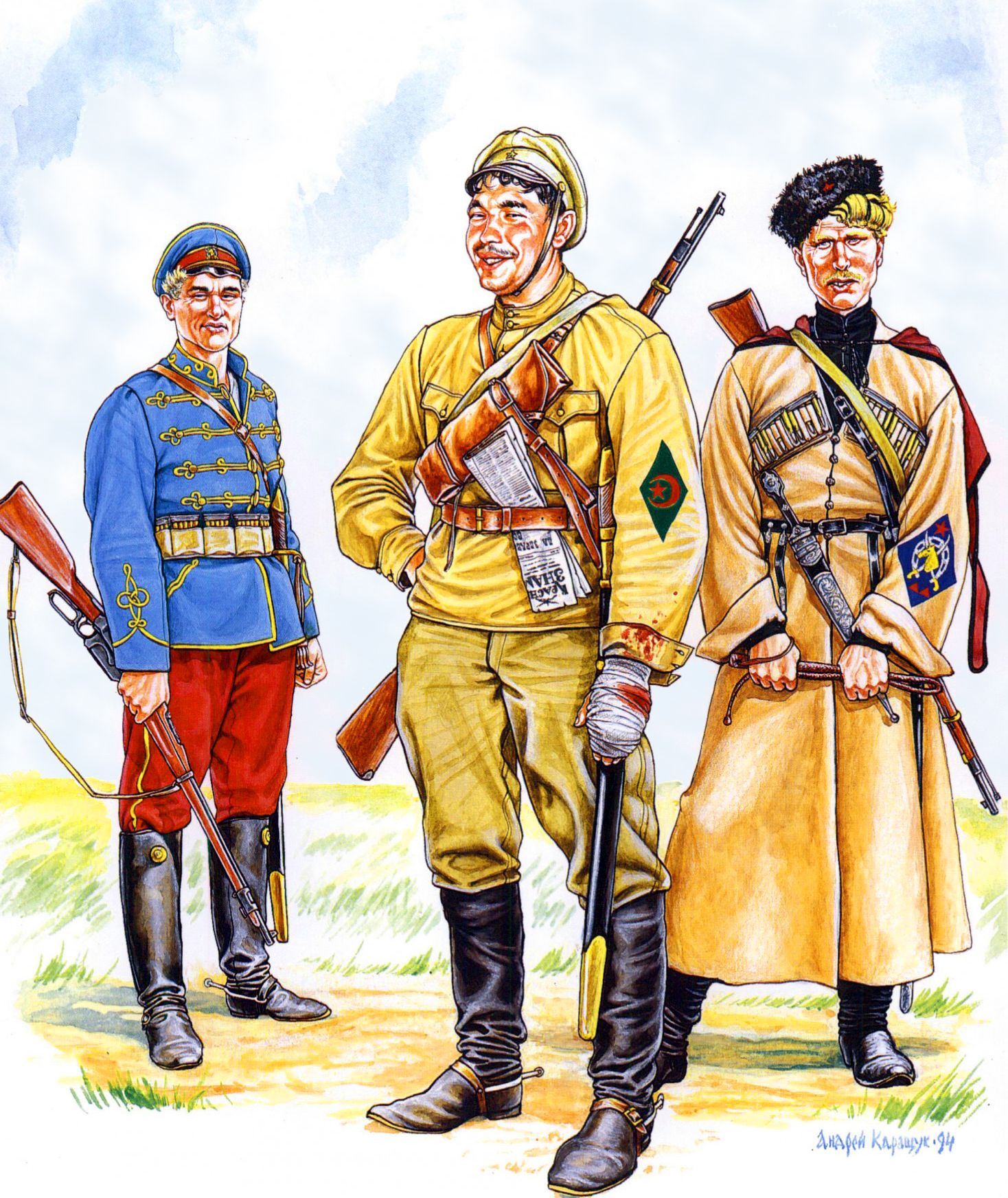Attacks in Paris and Munich.
Wilson Returning Home, Briefly
Attempts to Solve the Russian Civil War.
Special to The Great War Project.
(10 February) President Woodrow Wilson returns briefly to the United States on February 23, 1919, a century ago.
He leaves France with Europe in turmoil. While he is at sea, an anarchist shoots and severely wounds the French prime minister Georges Clemenceau. The would-be assassin declares himself ready to kill any man who would start another war.

French Prime Minister Georges Clemenseau.
Shortly after that a right-wing gunman shoots and kills a German socialist leader in Munich, sparking more armed attacks.

Clemenseau center
Before he leaves France, Wilson is deep into a number of issues plaguing the peace conference.
He presents the completed covenant for a League of Nations to the plenary council of the peace conference and asks the delegates to adopt it as an integral part of the forthcoming treaty.”
“He saw himself leading the entire world to a new spiritual level,”
…. historian Thomas Fleming writes, “a global incarnation of American idealism.”
“But he was a very tired man,” Fleming reports. “His words did not come close to matching his vision, nor did the text of the League, which had not a single, soaring phrase.
He calls the League “not a strait jacket but a vehicle of life.”
He describes it as the birth of a single human family. “We are all brothers and have a common human purpose.”
Wilson points to the mandate system as a crucial element for peoples the war has let loose from domination by the imperial political system that had led to the disastrous war in the first place.
Before he returns to the US, he steps into another controversy plaguing the peace conference – the problem of Russia. In late January Wilson invites the Bolsheviks and their White Russian enemies to approach each other through the mechanism of the peace conference.
The goal is to try to bring their civil war to an end. The offer, writes historian Fleming, makes front-page headlines in the United States, but not in Paris where Lenin refuses to take part.

The Russian civil war spreads.
Recognize the Revolution, declares one headline in the Washington Post. The paper reports that General Pershing, who commanded the American Expeditionary Forces in the war would represent the United States, if such a meeting were to take place.
“As usual,” writes Fleming, “the newspapers got only half the story.
The idea originated with the British leader, David Lloyd George, whose conservative parliamentary supporters were having nightmares about the Bolsheviks’ taking over Russia. Wilson volunteered to issue a statement that would, they hoped, perhaps lay the groundwork for an agreement that would divide Russia into White and Red spheres.”
Observes Fleming: “The Russian Revolution stirred strong emotions in Wilson’s soul. His statement called for a ceasefire, a general election, and some adequate arrangement for the repayment of Russia’s large debts to France and England.”

White civil war fighters.
“Wilson was ignoring the vicious names the Bolsheviks had called him.
He was playing one of his favorite games, writes Fleming: defender of the poor against the forces of privilege. He was hoping the Bolsheviks would join the Americans in this noble crusade and align themselves with him at the peace conference.
Fleming writes, “It was a hope that only proved the president’s ignorance of the Bolshevik mind.”
